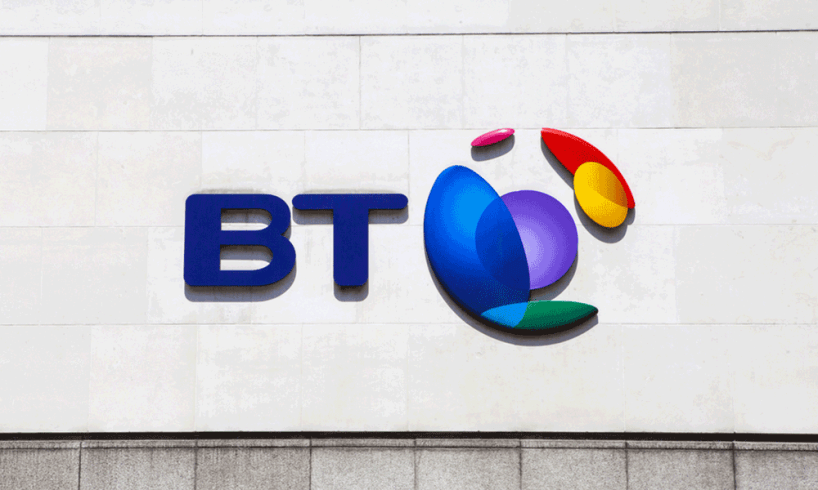New Ofcom Report a Threat to BT

The results of the first phase of Ofcom’s Strategic Review of Digital Communications poses threat to the telecommunication firm, with concerns over BT’s market share and speed of repairs and line installations.
The review, announced in March 2015, is examining competition, investment, innovation and the availability of all digital communications services. These include broadband, mobile, landline and bundled services.
Sharon White, Ofcom Chief Executive, stated that the review was designed to create a market geared towards customer satisfaction.
‘This review is about ensuring people get the best possible communications services, wherever they live and work. Our priorities are clear. We want to promote competition, investment and innovation, so that everyone benefits from even better coverage, choice, price and quality of service in years to come.’
Ofcom’s previous strategic review, which was concluded in September 2005, led to the creation of Openreach, through which BT is required to provide access to competing providers on equal terms, for them to offer telecoms services to consumers.
Ofcom have stated that the early results of the review have indicated that BT may require further sanctions to stop them taking over the market.
‘BT’s network has evolved in recent years, with fibre lines running closer to premises. This may require different models of competition than those that worked best for the traditional copper telecoms network. In addition, Ofcom has been concerned that Openreach’s performance on behalf of providers has too often been poor, requiring the introduction of rules for faster line installations and fault repairs.’
The review will now move into further stages, with Ofcom issuing a discussion document on the subject in order to gain industry insight, with the full results of the review due to shape Ofcom’s regulatory approach for the next decade. If the regulator does find that BT holds too big a share in the market it may have tough implications for the telecoms firm, which may have to adhere to strict rules or break up its business further.





















